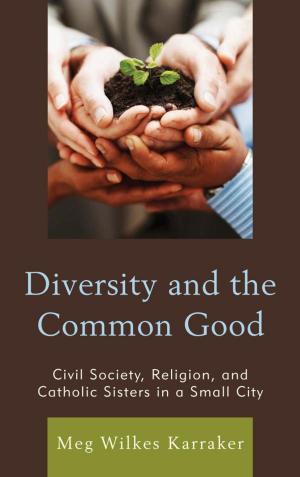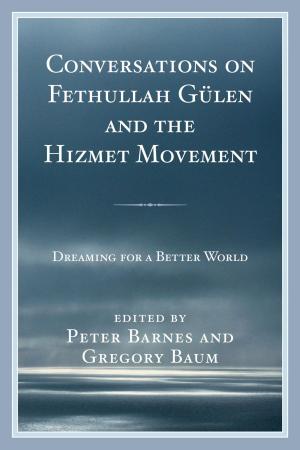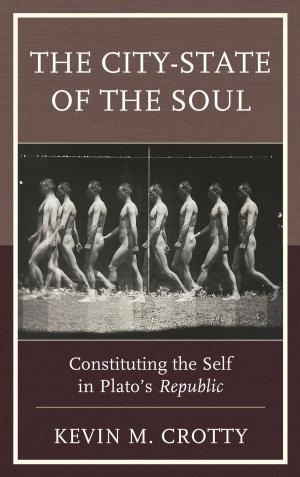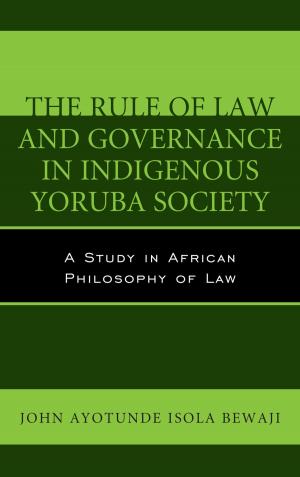The Weimar Moment
Liberalism, Political Theology, and Law
Nonfiction, History, Germany, Social & Cultural Studies, Political Science, Politics, History & Theory| Author: | Peter C. Caldwell, Christophe Chalamet, Rodrigo Chacón, Gary Dorrien, Robert Gibbs, Peter E. Gordon, Udi Greenberg, Jeffrey C. Herf, Michael Hollerich, Michael W. Jennings, Gregory Kaplan, John P. McCormick, Michael McGillen, David Novak, Carl J. Rasmussen, Gabriel R. Ricci, Ulrich Rosenhagen, Klaus Tanner, Azzan Yadin-Israel, Samuel Moyn, Author of Not Enough: Human Rights in an Unequal World | ISBN: | 9780739140741 |
| Publisher: | Lexington Books | Publication: | January 26, 2012 |
| Imprint: | Lexington Books | Language: | English |
| Author: | Peter C. Caldwell, Christophe Chalamet, Rodrigo Chacón, Gary Dorrien, Robert Gibbs, Peter E. Gordon, Udi Greenberg, Jeffrey C. Herf, Michael Hollerich, Michael W. Jennings, Gregory Kaplan, John P. McCormick, Michael McGillen, David Novak, Carl J. Rasmussen, Gabriel R. Ricci, Ulrich Rosenhagen, Klaus Tanner, Azzan Yadin-Israel, Samuel Moyn, Author of Not Enough: Human Rights in an Unequal World |
| ISBN: | 9780739140741 |
| Publisher: | Lexington Books |
| Publication: | January 26, 2012 |
| Imprint: | Lexington Books |
| Language: | English |
The Weimar Moment’s evocative assault on closure and political reaction, its offering of democracy against the politics of narrow self-interest cloaked in nationalist appeals to Volk and “community” – or, as would be the case in Nazi Germany, “race” – cannot but appeal to us today. This appeal –its historical grounding and content, its complexities and tensions, its variegated expressions across the networks of power and thought – is the essential context of the present volume, whose basic premise is unhappiness with Hegel’s remark that we learn no more from history than we cannot learn from it. The challenge of the papers in this volume is to provide the material to confront the present effectively drawing from what we can and do understand.
The Weimar Moment’s evocative assault on closure and political reaction, its offering of democracy against the politics of narrow self-interest cloaked in nationalist appeals to Volk and “community” – or, as would be the case in Nazi Germany, “race” – cannot but appeal to us today. This appeal –its historical grounding and content, its complexities and tensions, its variegated expressions across the networks of power and thought – is the essential context of the present volume, whose basic premise is unhappiness with Hegel’s remark that we learn no more from history than we cannot learn from it. The challenge of the papers in this volume is to provide the material to confront the present effectively drawing from what we can and do understand.















